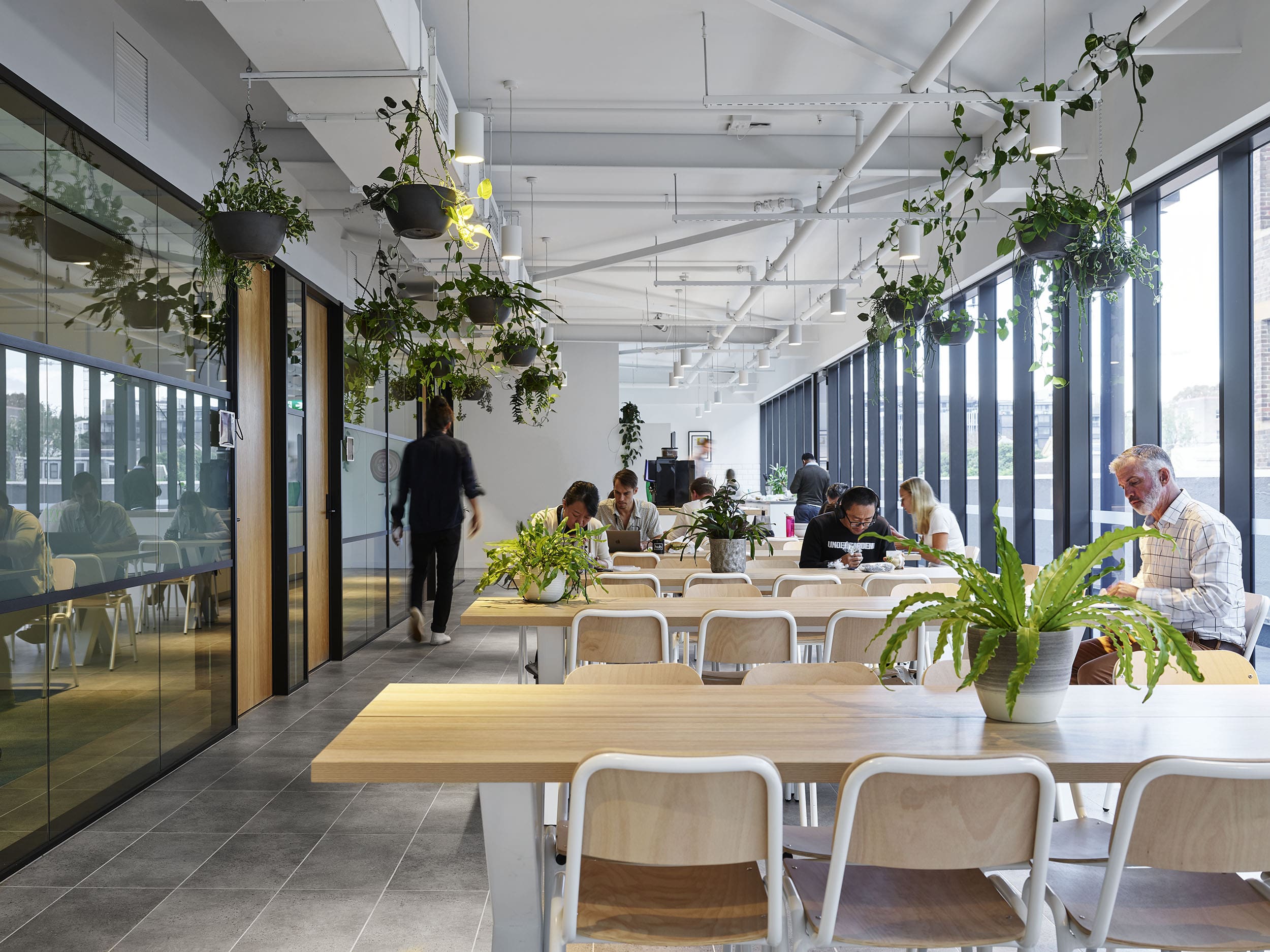Businesses across the country are exploring cost-cutting measures, ranging from process automation to payroll reduction, and adopting co-working and hybrid working systems.
In response to challenging economic conditions driven by rising inflation and increased taxation, coworking spaces have emerged as a notable trend in the business world.
In a coworking setting, individuals from different companies or organizations share a common office space. This approach has gained popularity among businesses due to its convenience and cost-saving benefits.
For instance, a company with ten employees, five of whom work remotely at least two days a week, can significantly reduce costs by utilizing a coworking space only for the days when staff members are in the office. This stands in contrast to the traditional office space model, where a business would rent space for the full staff, regardless of their actual in-office presence.
Opting for coworking spaces also allows businesses to eliminate various costs, including utilities, office equipment, occupation licenses, additional labor for cleaning and maintenance, periodic maintenance expenses, and repairs. Furthermore, co-working environments foster a collaborative and flexible atmosphere.
Co-working spaces offer shared infrastructure such as meeting rooms, high-speed internet, and office amenities, relieving businesses and individuals of the financial burden associated with these expenses.
For small and medium-sized businesses, coworking provides lease flexibility, enabling easy scaling up or down. Additionally, co-working facilitates networking opportunities among individuals from diverse professional backgrounds.
Several companies in the country have made significant contributions to the coworking trend. Workable, a Kenyan company based in Westlands, serves as an exemplary case, providing an elegant coworking space environment with a hospitality touch.

















